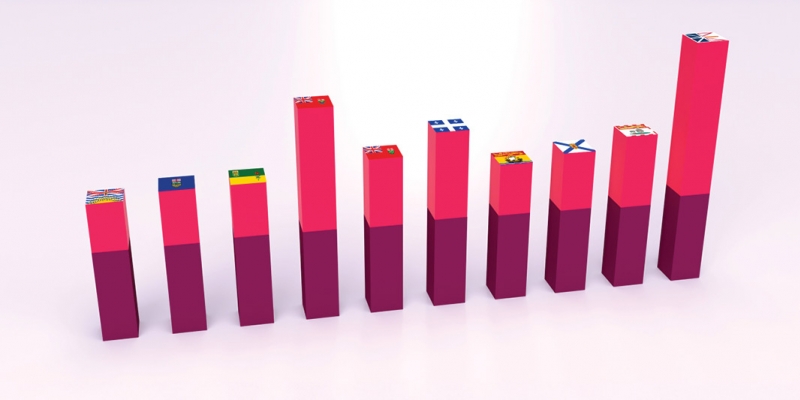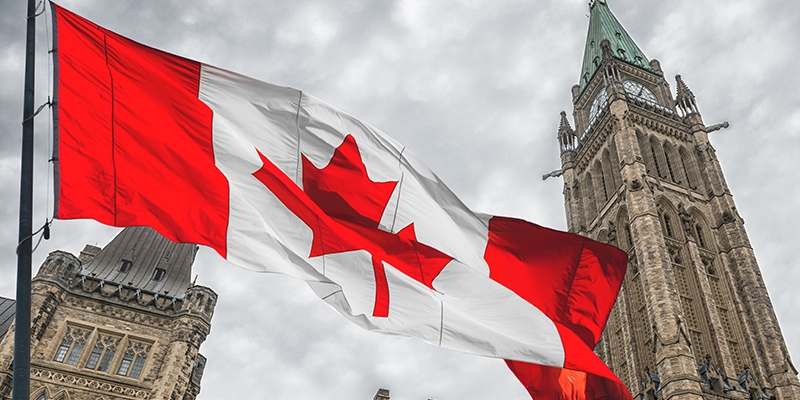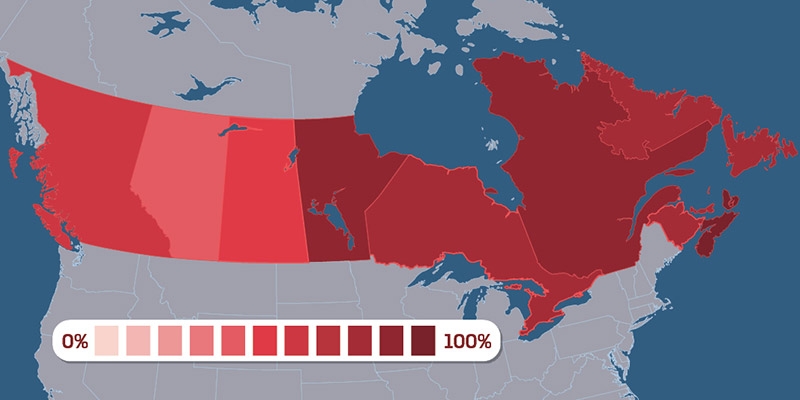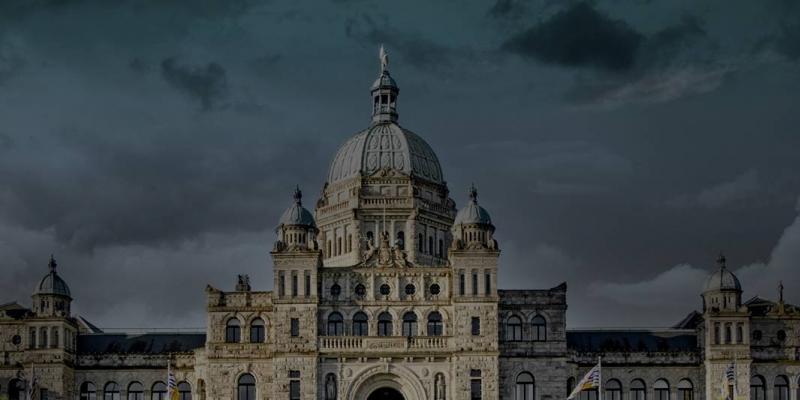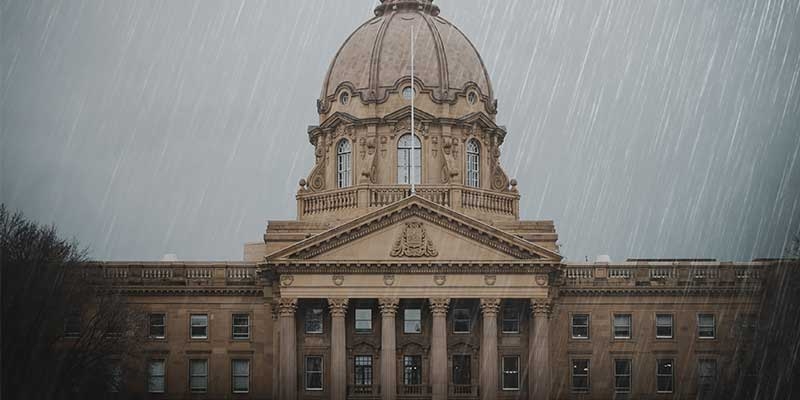Government Spending & Taxes
— Jan 25, 2024
— Jan 12, 2024
— Jan 11, 2024
— Jan 4, 2024
— Jan 3, 2024
— Oct 31, 2023
Subscribe to the Fraser Institute
Get the latest news from the Fraser Institute on the latest research studies, news and events.
Research Experts
-
Executive Vice President, Fraser Institute
-
Senior Fellow, Fraser Institute
-
Senior Fellow, Fraser Institute
-
Senior Fellow, Fraser Institute
-
Professor of Economics, Lakehead University
-
Senior Fellow, Fraser Institute
-
Senior Economist, Fraser Institute
-
Professor of Economics, MacEwan University
-
Senior Fellow, Fraser Institute
-
Director, Fiscal Studies, Fraser Institute
-
Assistant Professor of Economics, George Mason University
-
Associate Director, Alberta Policy, Fraser Institute
-
Senior Fellow, Fraser Institute
-
Senior Policy Analyst, Fraser Institute
-
Senior Fellow in the Centre for Economic Freedom, Fraser Institute
-
Senior Fellow, Fraser Institute
-
Director, Addington Centre for Measurement, Fraser Institute
-
Senior Fellow, Fraser Institute
-
Senior Fellow, Fraser Institute
-
President, Fraser Institute
-
Fraser Institute Founder and Honorary Director
-
Senior Fellow, Fraser Institute
-
Associate Director, Atlantic Canada Prosperity, Fraser Institute

